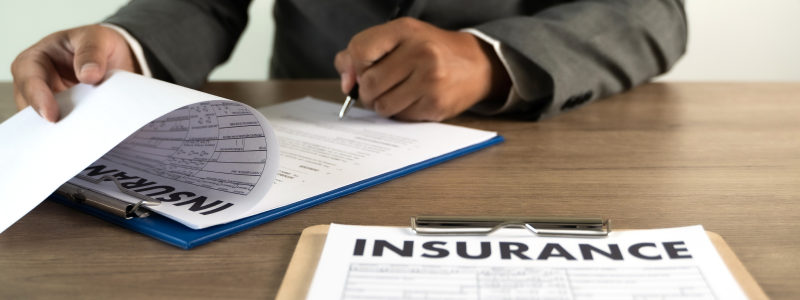
Liability insurance is a type of insurance coverage that protects an individual or business from the risk of being sued and held legally liable for injuries, damages, or negligence that occur on their property or as a result of their actions. It provides financial protection by covering legal defense costs, settlements, or judgments up to the policy's limits. Here are some key points about liability insurance:
- Types of Liability Insurance:
General Liability Insurance: This type of insurance provides coverage for claims related to bodily injury, property damage, and personal injury (such as libel or slander) that occur on the insured's premises or as a result of their operations.
Professional Liability Insurance: Also known as errors and omissions insurance, this coverage is for professionals who provide services or advice. It protects against claims of negligence, errors, or omissions in the course of providing professional services.
Product Liability Insurance: This insurance protects manufacturers, distributors, and retailers from liability claims arising from defects in products they produce or sell.
Employers' Liability Insurance: This coverage protects employers from claims by employees who suffer work-related injuries or illnesses not covered by workers' compensation insurance.
- Coverage Limits and Exclusions: Liability insurance policies have coverage limits, which are the maximum amounts the insurer will pay for covered claims. Policies also typically include exclusions, which are specific situations or types of claims that are not covered. It's important to review policy limits and exclusions carefully to ensure adequate coverage.
- Costs and Premiums: The cost of liability insurance premiums depends on various factors, including the type of coverage, the limits of coverage, the industry or business sector, the size of the business, the location, claims history, and risk factors. Insurers assess these factors to determine the level of risk and set premium rates accordingly.
- Legal Defense and Settlements: Liability insurance not only provides financial protection by covering damages or settlements but also includes coverage for legal defense costs. If a lawsuit is filed against the insured party, the insurance company will typically provide legal representation and cover the costs of defending the claim, including attorney fees, court costs, and settlements or judgments, up to the policy limits.
- Importance for Businesses and Individuals: Liability insurance is essential for businesses of all sizes and individuals who want to protect their assets and financial well-being from the potential costs of legal claims and lawsuits. It provides peace of mind and safeguards against unforeseen liabilities that could arise from accidents, injuries, or allegations of negligence.
- Regulatory Requirements: In some cases, liability insurance may be required by law or regulation, such as in certain industries or for specific types of businesses. Additionally, contractual obligations or agreements with clients or partners may stipulate the need for liability insurance coverage.
Overall, liability insurance is a critical component of risk management for businesses and individuals, helping to mitigate financial risks associated with legal liabilities and potential lawsuits.


